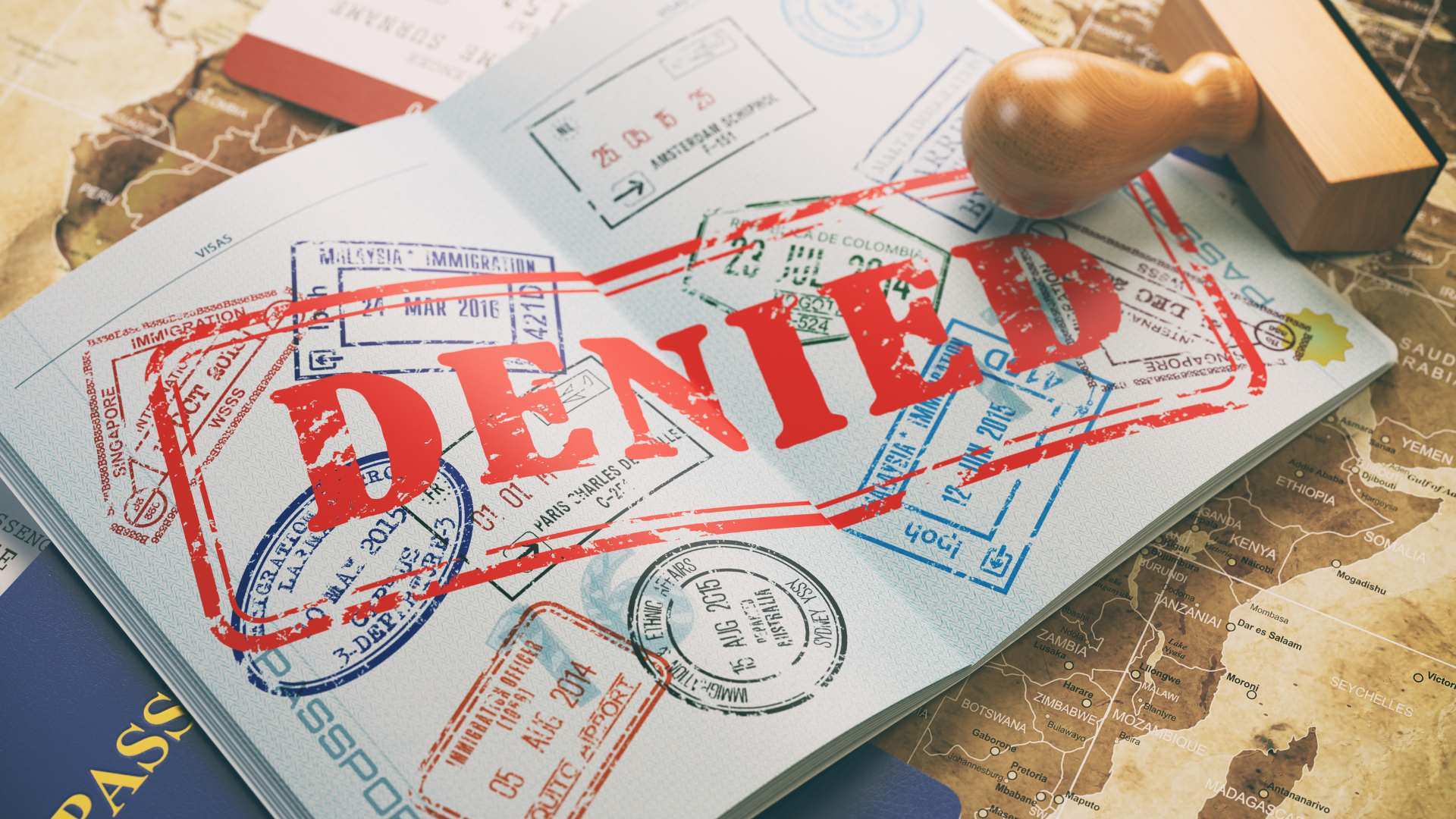Understanding the Common Reasons for US Passport Denial
A passport is an essential travel document that allows individuals to explore the world and experience new cultures. However, there are situations where people may face passport denial, preventing them from embarking on their desired journeys. In this article, we will explore some of the common reasons why individuals may be denied a US passport. Understanding these factors can help you avoid potential hurdles and ensure a smooth passport application process. Here are the most common reasons a passport application may be denied:
Incomplete or Inaccurate Application: One of the most common reasons for passport denial is submitting an incomplete or inaccurate application. It's crucial to fill out all the required fields correctly, including personal information, contact details, and travel plans. Incomplete applications can lead to delays or even rejection. Always double-check your application form to ensure its accuracy and completeness.
Lack of Proof of Identity: To obtain a passport, you must provide valid proof of your identity. This usually includes an original birth certificate, a previously issued passport, or a certificate of naturalization. In some cases, additional identification documents may be required. Failure to provide sufficient proof of identity can result in passport denial. Make sure to gather all the necessary documents before applying.
Citizenship and Nationality Issues: To be eligible for a US passport, you must be a citizen or national of the United States. Individuals with unresolved citizenship or nationality issues may face passport denial. Such issues could arise from conflicting or incomplete documentation, dual citizenship, or pending immigration matters. It's essential to address these matters before applying for a passport.
Outstanding Child Support Payments: If you owe a significant amount of child support payments, you may be denied a passport. The U.S. Department of Health and Human Services (DHHS) and the U.S. Department of State collaborate to prevent individuals with substantial child support debts from obtaining passports. Ensuring your child support payments are up to date can help you avoid any issues.
Outstanding Arrest Warrants or Legal Issues: Having outstanding arrest warrants or unresolved legal issues can lead to passport denial. Law enforcement agencies collaborate with passport authorities to prevent individuals with pending criminal cases or warrants from leaving the country. It is crucial to address any legal matters before applying for a passport to avoid complications.
Financial Delinquency with the IRS: Individuals who are significantly delinquent in paying their federal taxes may face passport denial. The IRS (Internal Revenue Service) can notify the State Department of a taxpayer's delinquency, which can result in the denial, revocation, or limited validity of a passport. Resolving any outstanding tax issues can help prevent passport complications.
Passport Fraud or Misuse: Engaging in passport fraud, providing false information, or misusing a passport can lead to denial of future passport applications. This includes using counterfeit documents, providing incorrect information, or attempting to obtain multiple passports under different identities. It's crucial to always maintain the integrity of your passport and adhere to legal requirements.
Conclusion: Obtaining a US passport is an exciting milestone that opens doors to new adventures and experiences. However, it is essential to be aware of the common reasons for passport denial to avoid potential setbacks. By ensuring accurate and complete applications, providing valid identification, addressing any outstanding legal or financial issues, and maintaining the integrity of your passport, you can increase your chances of a successful passport application. Remember to consult the official U.S. Department of State website or seek professional guidance for specific inquiries or concerns regarding passport applications.
